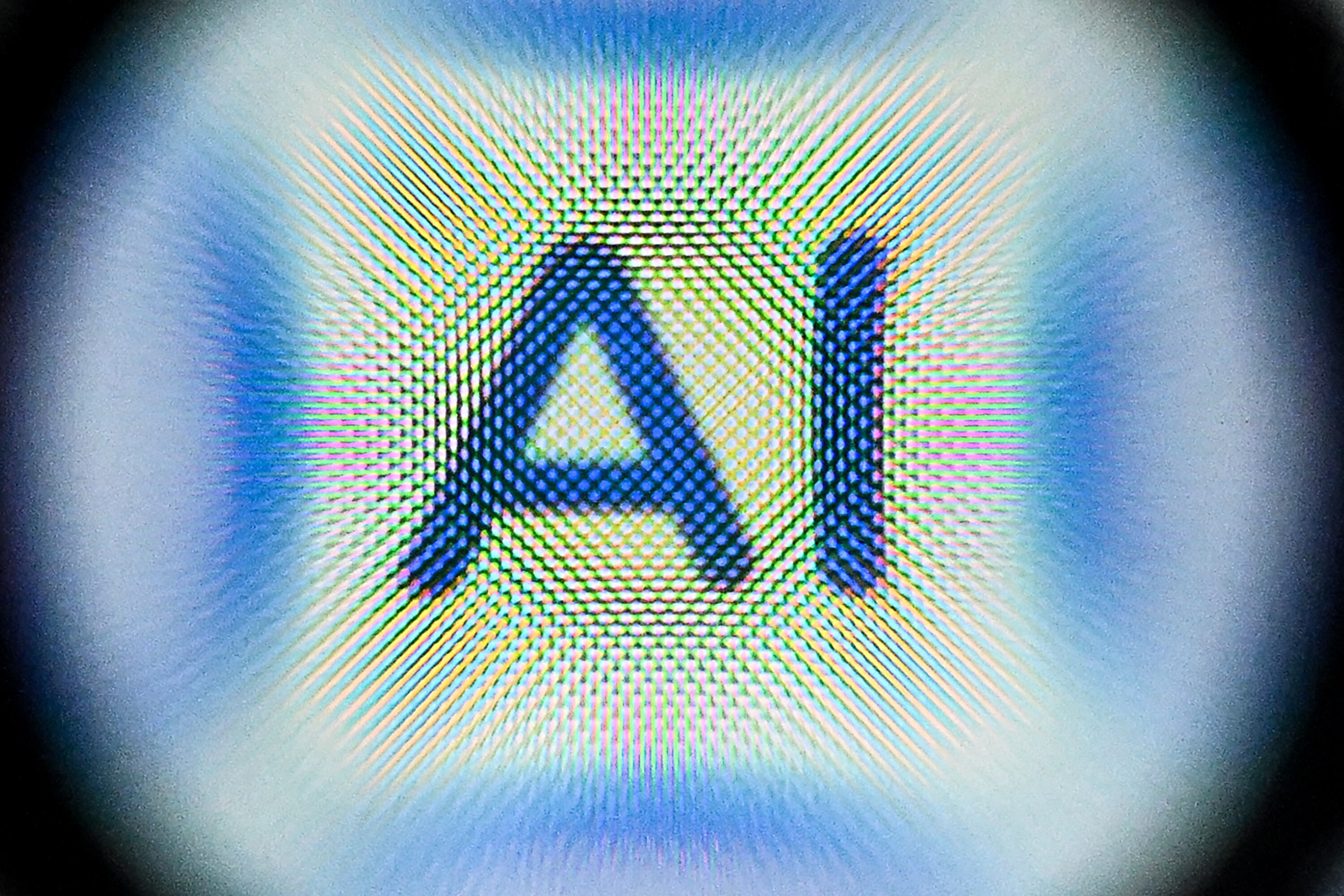
The European Patent Office (EPO) recognized on Tuesday the best innovations, from European and non-EU countries, that provide technological solutions to challenges such as the climate crisis or antibiotic resistance through tools such as the Artificial Intelligence (AI).
At a ceremony held in Malta and broadcast live, the EPO awarded the 2024 European Inventor Prize in its seven categories to several scientists and researchers who were chosen from 16 finalists.
This year, more than 550 candidates representing 16 countries were presented: Ukraine, United Kingdom, Tunisia, Germany, Sweden, Brazil, United States, Iceland, Poland, Finland, France, Italy, Spain, Netherlands, Malta and Japan.
The European Inventor Award 2024, launched in 2006 by the EPO, honours inventors from around the world who transform their ideas into technological progress, economic growth or improvements in daily life.
To be eligible for the traditional categories, finalists must have a granted European patent and be marketed in Europe.
The award in the category of Professional Career was given to the English chemist Carol Vivien Robinson (United Kingdom), for her “innovative approach” in mass spectrometry, which has paved the way for advances in drug discovery and personalized medicine.
Meanwhile, in the Research category, the award went to the research led by computer scientist Cordelia Schmid (Germany) who has taught computers, through AI, to “see” and interpret complex visual data in real time.
“The vision of technologies and machine learning is already in all our tools, like when we use our fingerprint to unlock the phone, it is part of our daily life (…) We have seen how if we develop AI responsibly it can change the world,” said Schmid when accepting the award.
In the Industry category, Fiorenzo Dioni (Italy) and Richard Oberle (Germany) were awarded for their advances in aluminium casting technology that reduces carbon emissions in car manufacturing.
Among non-EPO countries, the winner was scientist Masato Sagawa (Japan) for the “world’s most powerful permanent magnet”, which has become an indispensable component in modern technology.
Also competing in this category were inventor David Fattal (United States) for his advances in creating real-time 3D images without the need for glasses, and a Brazilian team led by Fernando Catalano and Micael Carmo for the development of quieter aircraft with lower carbon dioxide emissions.
In the SME category, companies with fewer than 250 employees and an annual turnover of less than 50 million euros, the winner was a Polish team led by Olga Malinkiewicz for its perovskite solar cell technology, an alternative to traditional solar panels that is more economical and environmentally friendly.
The Polish team also took home the People’s Prize, which is voted for by the public among the finalists. Finally, 29-year-old Dutch scientist Rochelle Niemeijer won the Young Inventors Award, which recognises initiatives developed by young people up to 30 years old.
Niemeijer developed a portable AI-powered kit that enables faster diagnosis of bacterial infections and tackling antimicrobial resistance.
As announced during the ceremony, the EPO will transform the prize for the youngest, which is currently awarded every two years, into a separate ceremony, with the 2025 ceremony to be held in Iceland.
Open to inventors from around the world, the Young Inventors Award rewards solutions that contribute to the United Nations’ sustainable development goals, for which a European patent is not required. The winner will receive €20,000, while the second and third place finishers will win €10,000 and €5,000 respectively.
Source: Gestion
Ricardo is a renowned author and journalist, known for his exceptional writing on top-news stories. He currently works as a writer at the 247 News Agency, where he is known for his ability to deliver breaking news and insightful analysis on the most pressing issues of the day.











